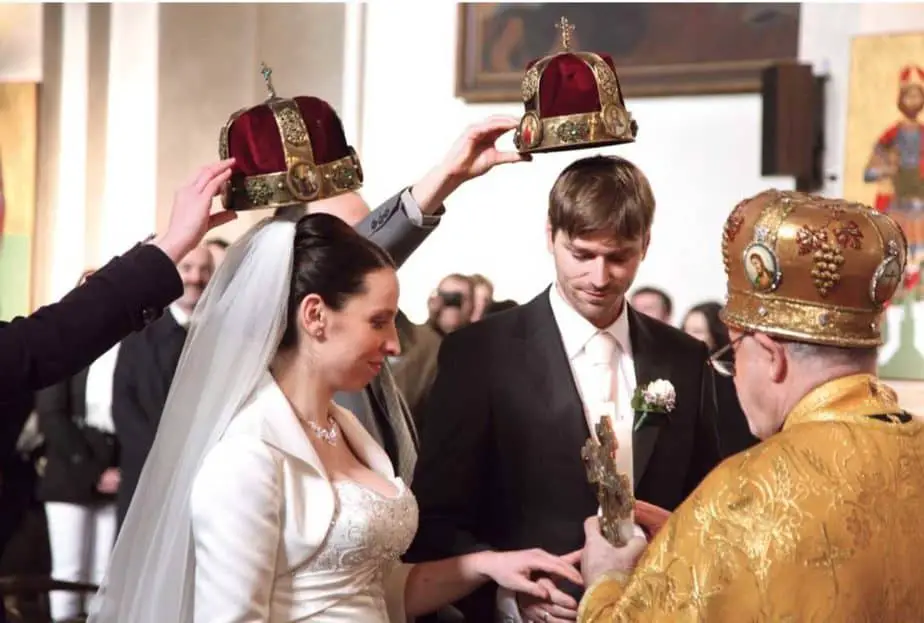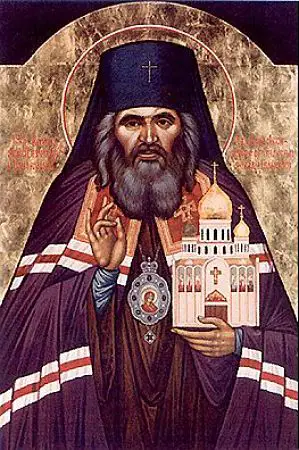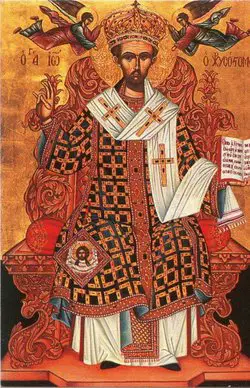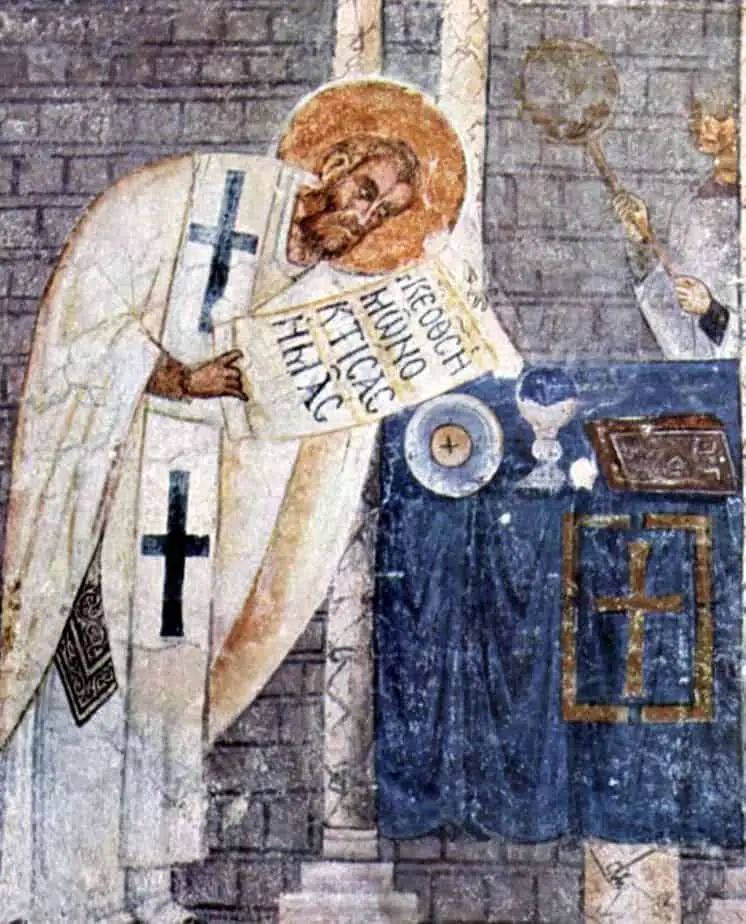“Very few have come here today. Whatever is the reason? We celebrated the Feast of the Martyrs, and nobody comes? The length of the road makes them reluctant; or rather it is not the length of the road that prevents them from coming, but their own laziness. For just as nothing stops an earnest man, one whose soul is upright and awake, so anything at all will stand in the way of the half-hearted and the lazy.
The Martyrs gave their blood for the truth, and you are not able to think little of a brief stretch of road? They gave their life for Christ, and you are reluctant to make a small journey for Him? The Martyrs’ Commemoration, and you sit in sloth and indifference! It is but right that you should be present; to see the devil overcome, the Martyrs triumphant, God glorified, and the Church crowned with honour.
But, you will say to me, I am a sinner. I cannot come. Then if you are a sinner, come, that you may cease to be one! Tell me, who is there among men without sin? Do you not know that even those close to the altar are wrapped in sins? For they are clothed with flesh, enfolded in a body: as we also who are sitting and teaching upon this throne are entangled in sin. But not because of this do we despair of the kindness of God; and neither do we look on Him as inhuman. And for this reason has the Lord disposed that those who serve the altar shall also be subject to these afflictions: so that from what they too suffer they may learn to have a fellow feeling for others.”
— St. John Chrysostom, On the Respect Due to the Church of God and to the Sacred Mysteries






